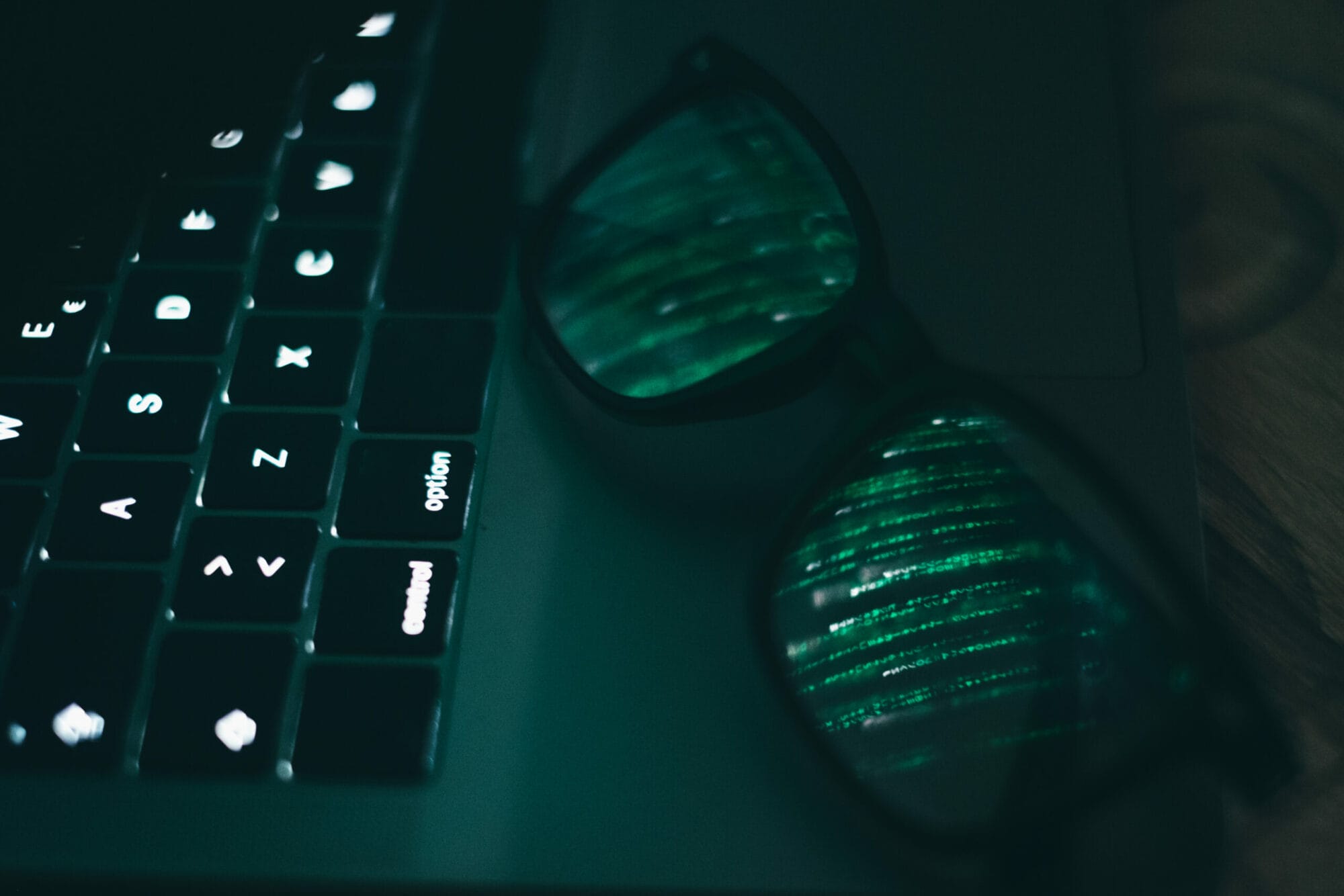By Elizabeth Nolan Brown | Reason
A Georgia man is suing the makers of ChatGPT for defamation. In a new lawsuit filed in Gwinnett County, Georgia, Mark Walters alleges that OpenAI, the company behind the popular artificial intelligence (A.I.) chatbot ChatGPT, is guilty of publishing libelous information about him. The first-of-its-kind lawsuit brings up novel issues regarding A.I.’s liability for spreading misinformation.
The case stems from reporting that journalist Fred Riehl is doing about a Second Amendment Foundation (SAF) lawsuit against Bob Ferguson, Washington state’s attorney general. Alan Gottlieb is one of the plaintiffs in the lawsuit.
Riehl linked to SAF’s complaint and asked ChatGPT to summarize. It allegedly responded that the complaint was “filed by Alan Gottlieb … against Mark Walters, who is accused of defrauding and embezzling funds from the SAF.” The ChatGPT summary continued by stating that Walters was the group’s treasurer and chief financial officer and that he had “misappropriated funds for personal expenses without authorization or reimbursement, manipulated financial records and bank statements to conceal his activities, and failed to provide accurate and timely financial reports and disclosures,” per Walters’ complaint.
“This lawsuit is silly. Suing the owners of ChatGPT for defamation is like suing the manufacturer of a printing press because a newspaper printed something false or maybe suing someone for talking in their sleep. ChatGPT is a tool for generating text. There is no real sense in which its responses should be considered statements of its owners. Neither do the owners owe a legal duty to ensure ChatGPT’s responses are true. The real reckless or negligent behavior is assuming ChatGPT’s responses are anything beyond an algorithmically produced jumble of words that could have likely been said together.”
-Rose Law Group partner and litigation attorney Logan Elia








